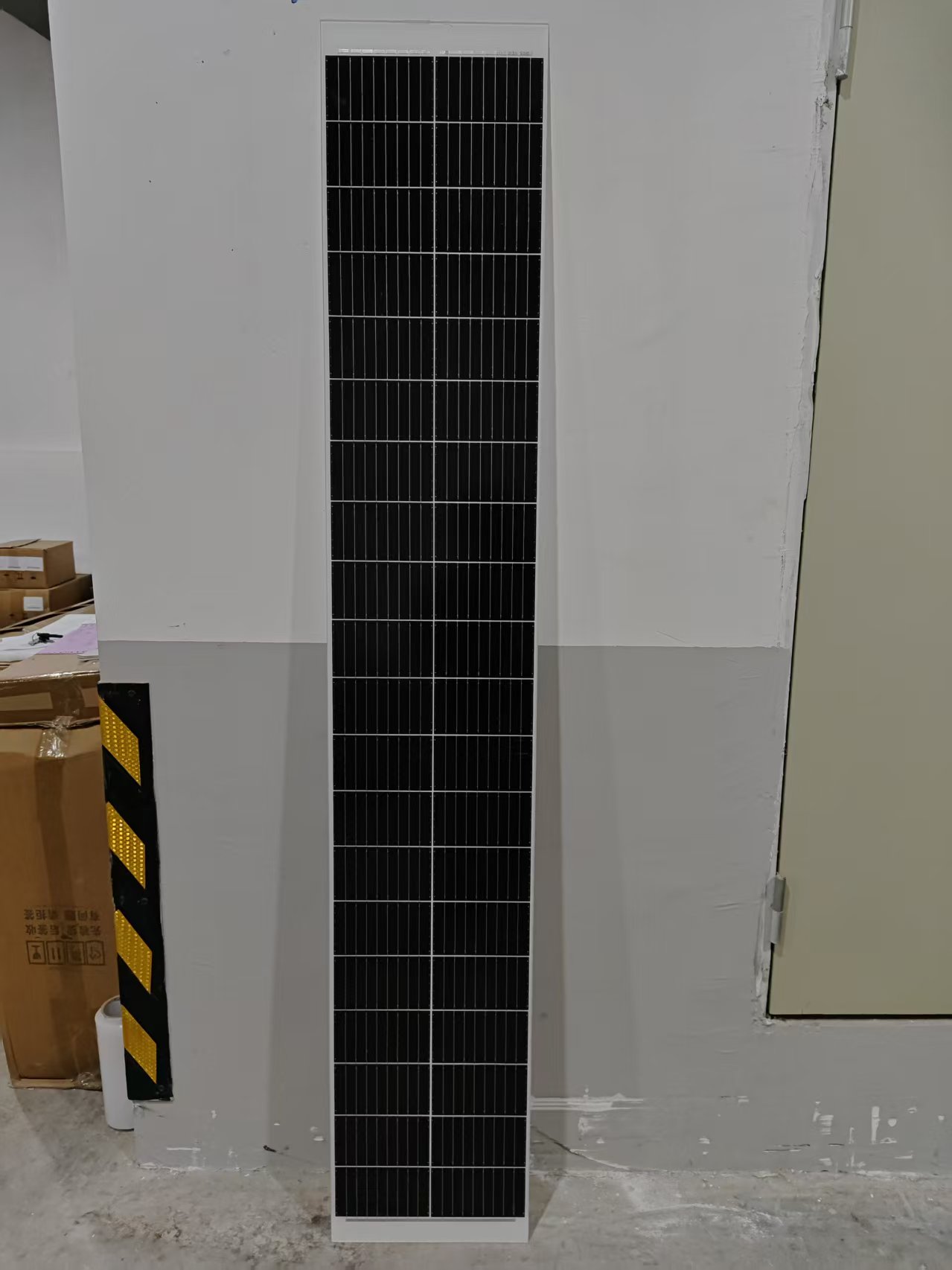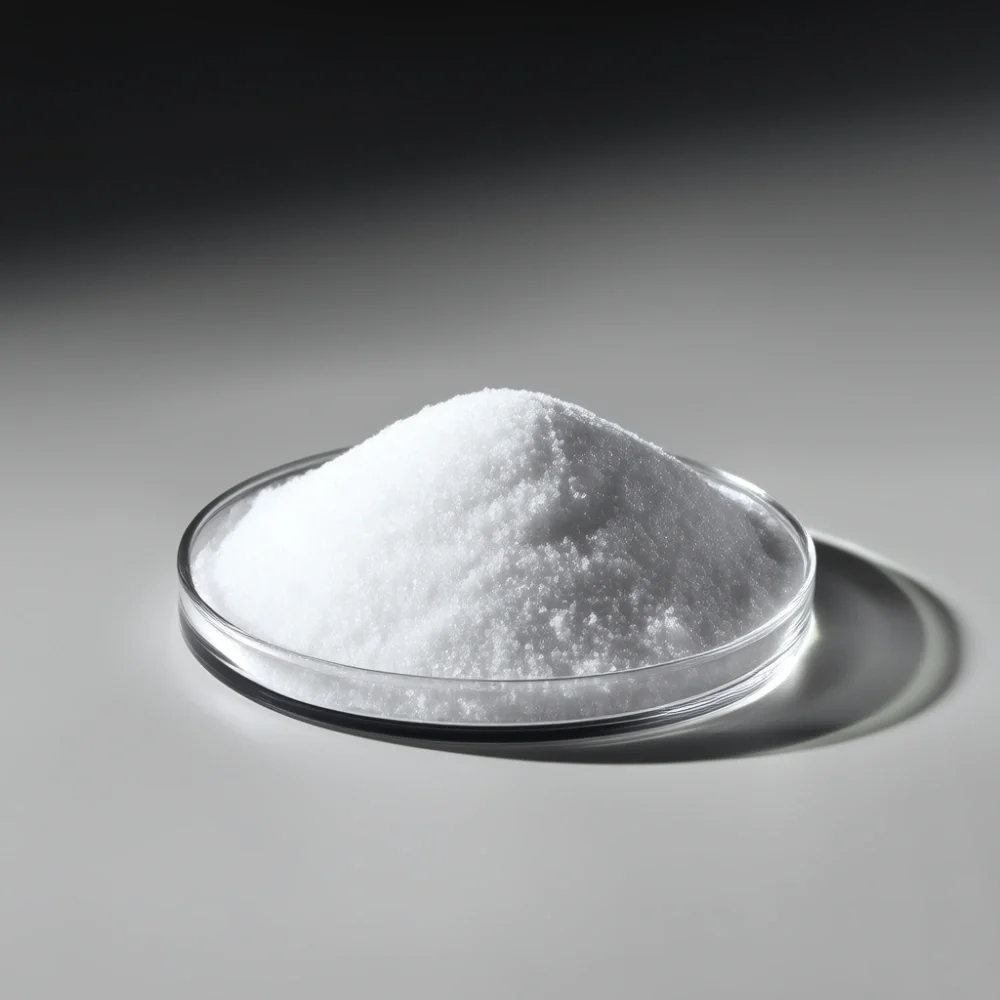With global environmental issues becoming increasingly prominent, there is a growing awareness of sustainable development and ecological protection. Against this backdrop, green and eco-friendly packaging, especially those produced by G-COVE, with a primary focus on bamboo pulp, has gradually highlighted its advantages. Compared to traditional plastic packaging, G-COVE's green and eco-friendly packaging places a stronger emphasis on resource utilization, environmental friendliness, and sustainable development.
With the escalating global environmental concerns, there is a continuous strengthening of awareness regarding sustainable development and ecological preservation. In this context, green and eco-friendly packaging, particularly those predominantly produced by G-COVE using bamboo pulp, is gradually showcasing its advantages. Compared to traditional plastic packaging, G-COVE's green and eco-friendly packaging places a greater emphasis on resource utilization, environmental friendliness, and sustainable development.

Traditional plastic packaging has imposed significant pressure on the environment. Plastics take hundreds of years or even longer to decompose in the natural environment, leading to issues such as marine pollution, soil contamination, and adverse effects on wildlife. Consequently, there is an urgent need for the packaging industry to shift towards green and eco-friendly packaging to reduce its negative impact on the environment.
The core philosophy of green and eco-friendly packaging with bamboo pulp as a plastic substitute is to minimize resource consumption and environmental pollution. It primarily utilizes renewable materials, such as pulp, bamboo, and plant fibers, which can rapidly decompose and return to the natural environment after use. In comparison to traditional plastic packaging, green and eco-friendly packaging with bamboo pulp as a substitute offers several advantages:
Renewable Resources: Green and eco-friendly packaging with bamboo pulp uses renewable materials like pulp, bamboo, and plant fibers, reducing dependence on non-renewable resources. This aids in lowering energy consumption and carbon emissions, contributing to a more sustainable development.
Pollution Reduction: Green and eco-friendly packaging with bamboo pulp as a plastic substitute does not generate harmful chemicals, avoiding damage to the environment and human health. In contrast, traditional plastic packaging releases significant amounts of harmful gases and microplastic particles during production and decomposition, causing severe pollution to the environment.
Strong Degradation Performance: Green and eco-friendly packaging with bamboo pulp as a plastic substitute exhibits excellent degradation performance, decomposing rapidly into organic fertilizer in approximately six months in the natural environment. This means that even if abandoned or accidentally introduced into the environment, it will not persist long-term like plastic, thereby reducing threats to soil, water sources, and wildlife.
With consumers increasingly pursuing green and eco-friendly choices, green packaging has become a crucial means for businesses to enhance competitiveness. More and more companies are recognizing the value of green and eco-friendly packaging with bamboo pulp as a substitute and taking proactive measures. Governments and industry organizations should intensify their support, encouraging innovation and application of green packaging. Recently, the National Development and Reform Commission and other departments issued the 'Three-Year Action Plan to Accelerate the Development of 'Bamboo Substituting Plastic,'' demonstrating the Chinese government's commitment to global development initiatives in collaboration with the International Bamboo and Rattan Organization. This joint initiative provides an effective solution for reducing plastic pollution.
G-COVE's pure plant-based pulp molded packaging, as a green alternative with bamboo replacing plastic, is 100% biodegradable and has no adverse environmental impact, making it a sustainable choice to replace plastic.
G-COVE
general@g-cove.com


